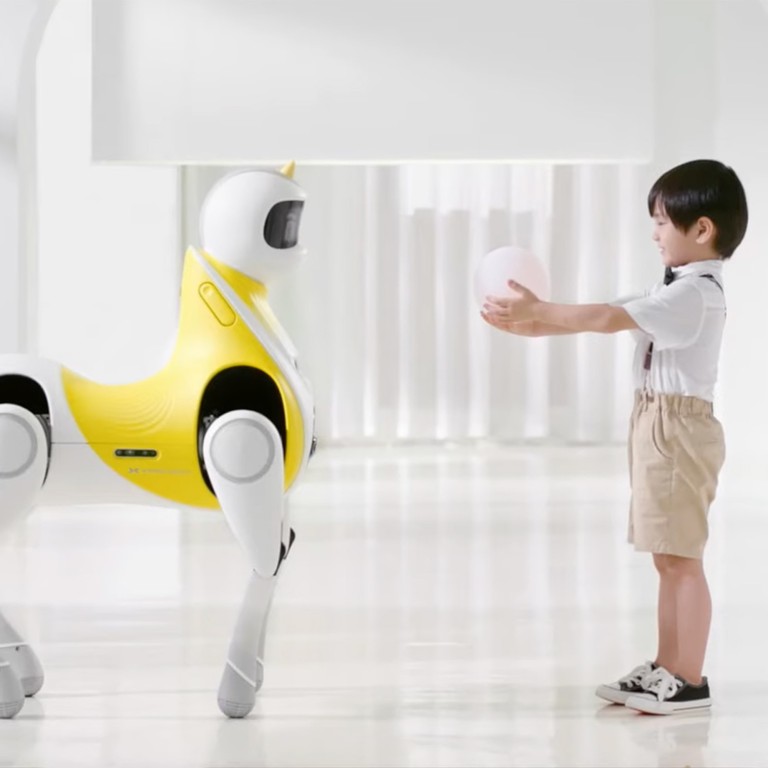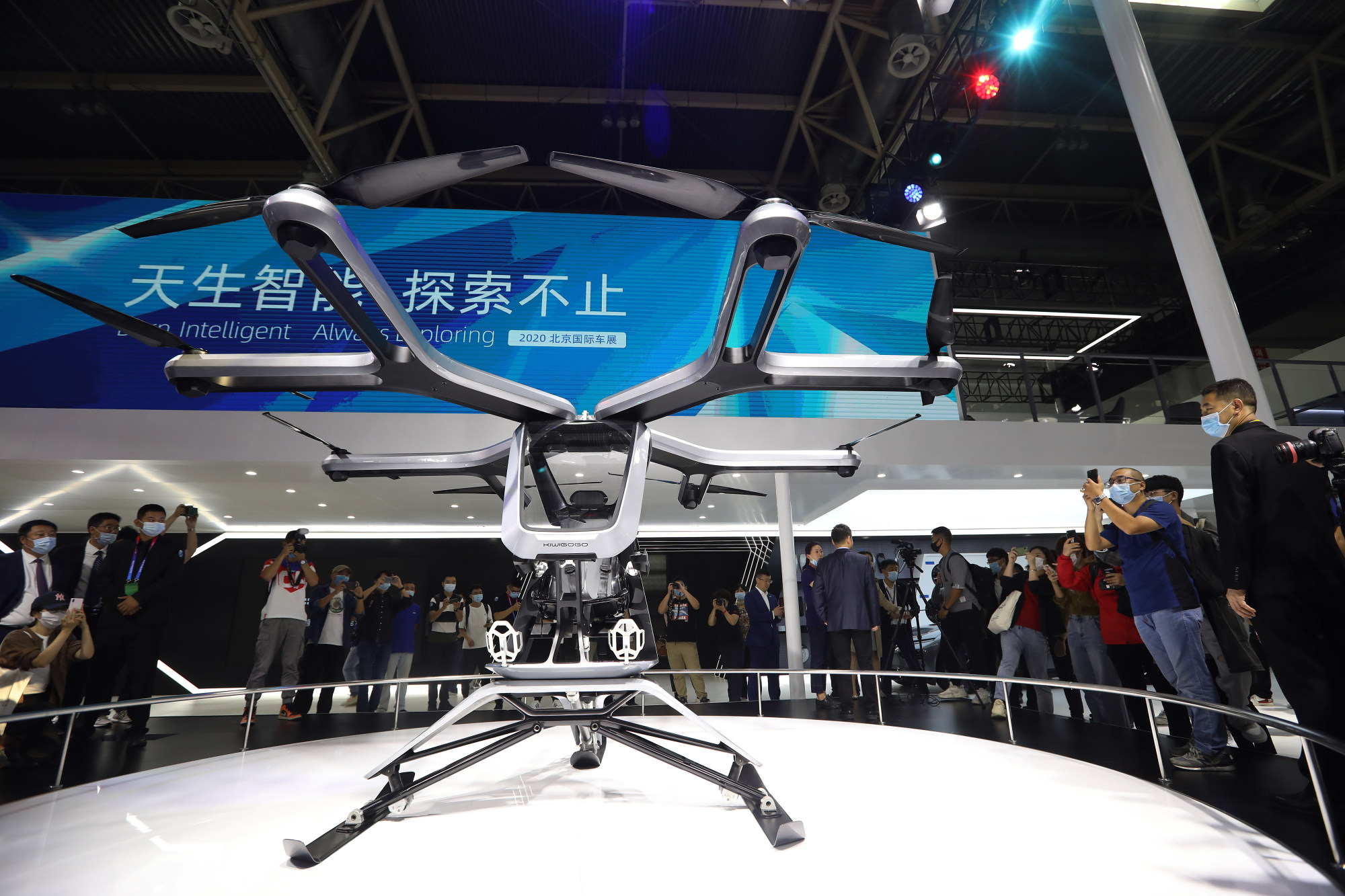
XPeng’s robotics unit raises US$100 million with the aim of commercialising its business in two years
- Smart mobility and intelligent robotics are being developed at a speed that is exceeding expectations, says He Xiaopeng of XPeng Motors
- XPeng’s affiliates’ research capabilities have been recognised by institutions like IDG and their products will be worth the attention, analyst says
The capital raised will be used to strengthen development capabilities and to attract top talent, as it accelerates commercialisation, XPeng Robotics said on Tuesday.
“Smart mobility and intelligent robotics are being developed at a speed that is exceeding expectations,” said He Xiaopeng, co-founder and CEO of XPeng Motors. “We strongly believe that a new technology-defined era will transform ideas into reality in our generation.”
XPeng meets US$1.2 billion revenue forecast for first quarter, but net loss rises
“Flying cars and rideable robots are two areas that require heavy capital investment and acquisition of top talent,” said Cao Hua, a partner at private-equity firm Unity Asset Management. “XPeng’s affiliates’ research capabilities have been recognised by institutions like IDG and their products will be worth the attention.”

Apart from IDG, the first foreign institution to bring venture capital funds to China in early 1990s, XPeng and other long-term investors also took part in XPeng Robotics’ Series A funding round.
In September last year, XPeng Robotics gave the world a sneak peek of its robot pony for children, which it said would be turned into a low-speed rideable vehicle. Called “Little White Dragon”, the smart pony comes equipped with intelligent navigation and intelligent emotional interaction capabilities.
XPeng to export P5 family sedan to four European countries
He said earlier that XPeng’s robotic products would take over more housework in the future and interact with humans at an emotional level.
XPeng Robotics has more than 300 employees, 80 per cent of whom are engaged in research and development, covering areas that include robotics, artificial intelligence, autonomous design and manufacturing.
In June, XPeng delivered 15,295 vehicles, up 51 per cent from a month earlier. It beat Li Auto, which reported sales of 12,961 units, and Nio, which handed over 13,024 vehicles. Tesla’s Gigafactory in Shanghai delivered 78,906 Model 3 and Model Y vehicles in June.

